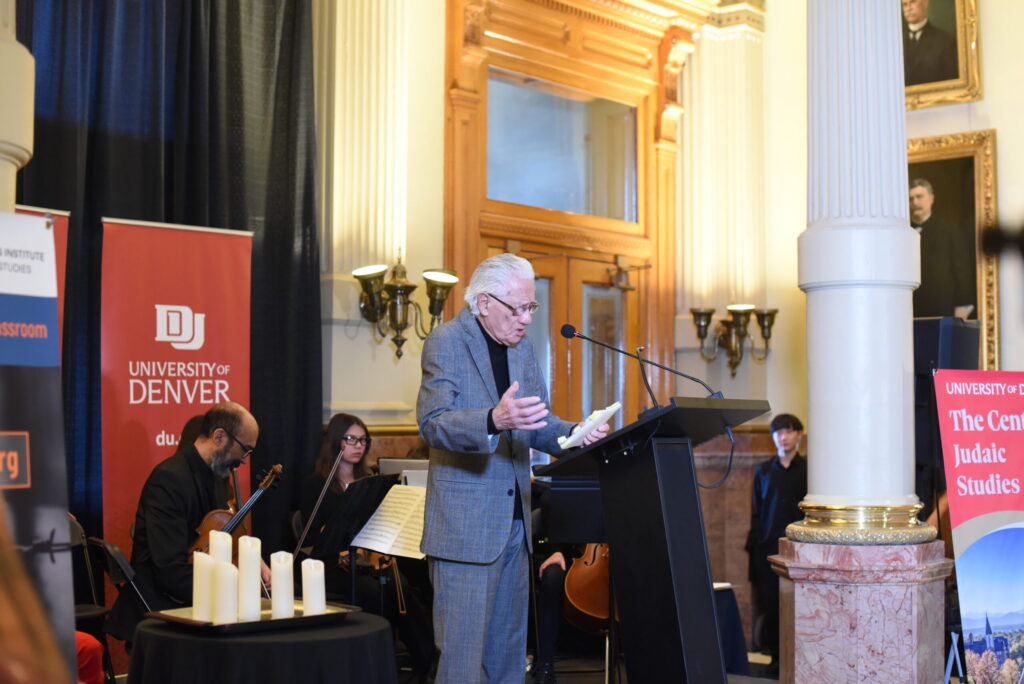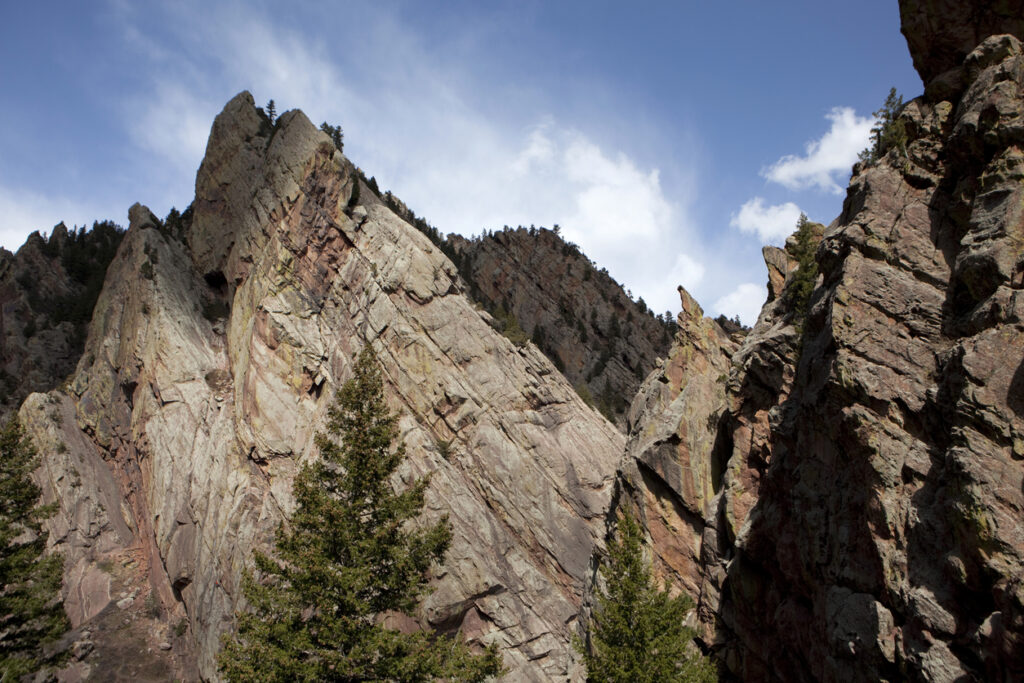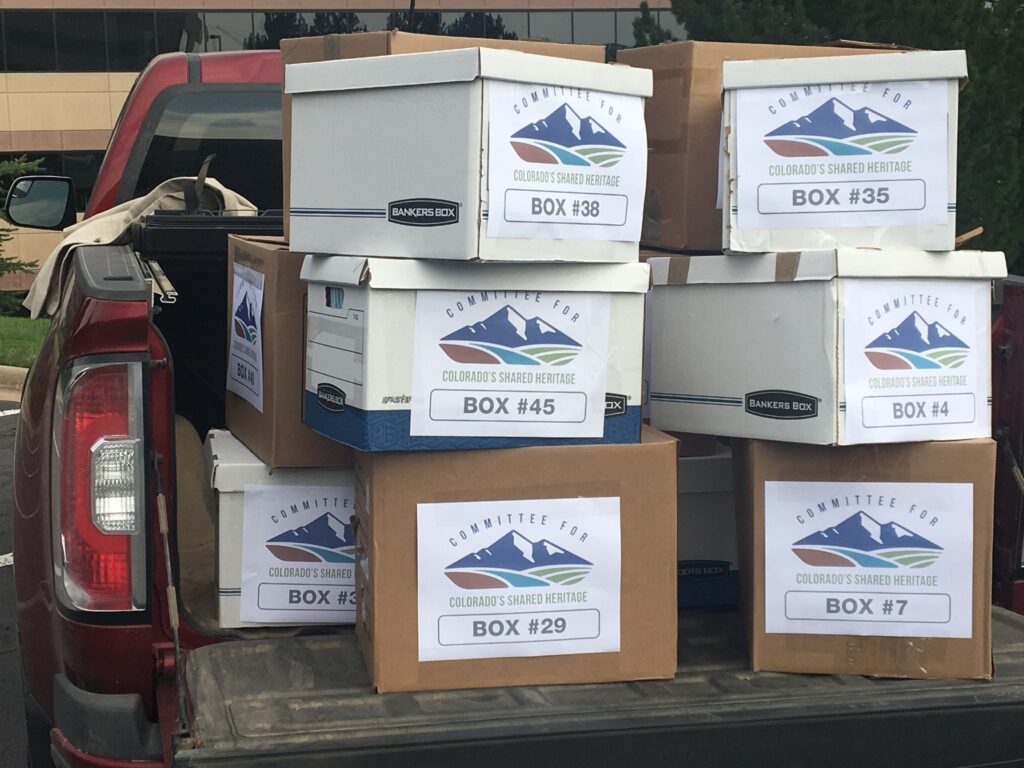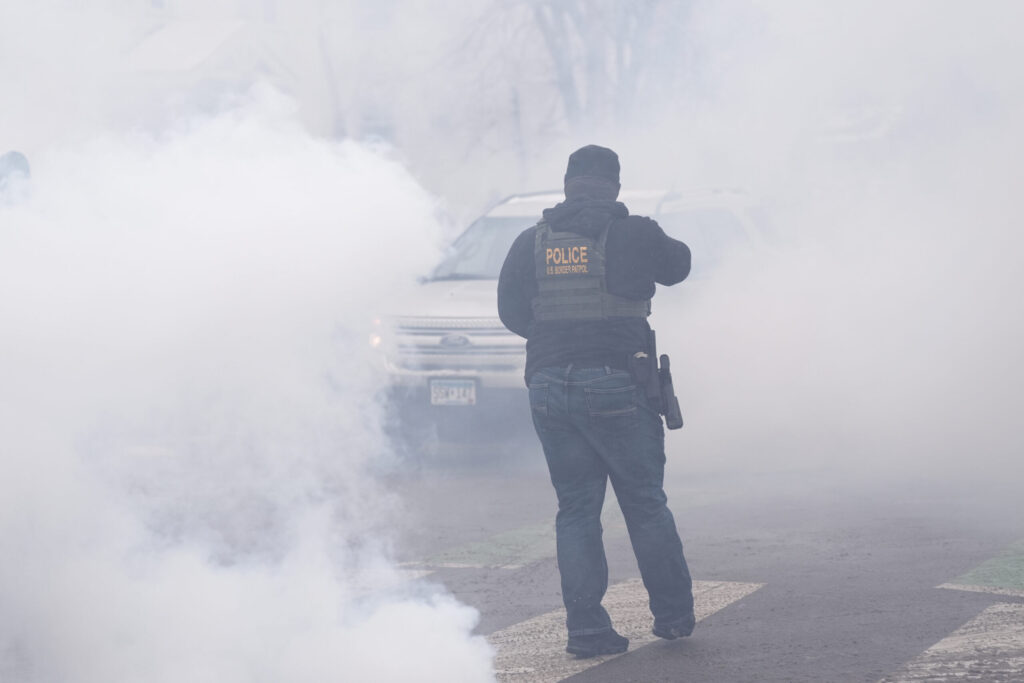Colorado lawmakers clash over how to protect wetlands; House OKs ‘assault weapons’ ban; lawmakers advance ‘density’ mandates for municipalities | WHAT YOU NEED TO KNOW
Today is April 15, 2024, and here’s what you need to know:
Colorado Wetlands: Lawmakers clash as they seek state protections
How Colorado protects wetlands depends on two perspectives: Is it a water quality issue or a land management issue?
Even assuming it’s a little of both, either answer leads to different approaches, each to be overseen by a different agency.
And either path offers implications for construction, permitting and management of habitats.
This month, lawmakers looked at the dueling approaches contained in two measures seeking to implement a way for the state to manage “dredge and fill discharge” permits tied to a recent U.S. Supreme Court decision that redefined how a body of water can be protected under the Environmental Protection Agency’s “Waters of the United States” rule.
'Assault weapons' ban passes Colorado House
The proposal to ban so-called “assault weapons” is now on its way to the Colorado Senate after House legislators passed the measure during a rare legislation session on Sunday.
The measure is expected to be assigned to the Senate Judiciary Committee.
A majority of Democrats approved House Bill 1292 on a 35-27 vote, with nine Democrats voting against.
The vote followed a debate of more than three hours.
Sponsored by Reps. Tim Hernandez and Elisabeth Epps, HB1292 would prohibit 13 types of “assault” weapons, along with adding a definition of “assault weapons” into state law. It prohibits manufacturing, importing, purchasing, selling, offering to sell or transferring ownership of an assault weapon. The bill also bans a person from possessing a “rapid-fire trigger activator.”
Colorado Democrats advance bill requiring 'density goals' for urban governments
A majority of House Democrats on Sunday approved legislation that would require local governments in urban corridors to plan and implement housing “density goals” approved by the state, the overarching goal of which — sponsors said — is to promote more housing near transit system.
But the bill’s fate is far from certain. Indeed, the measure revived largely the same state-versus-local-control arguments that doomed a housing and zoning measure from last year.
The focus is on “transit-oriented communities,” which was also part of the 2023 legislation.
Sponsors claim House Bill 1313 would encourage more housing near public transit and workplaces. The bill would create a grant program and technical assistance to support the campaign, paid for with general fund dollars. But it would also penalize municipalities that don’t comply — by forfeiting their state allocation of funding from the Highway Users Tax Fund.
Republican Bob Gardner falls short on petitions, fails to qualify for primary in Colorado's 5th CD
State Sen. Bob Gardner has failed to qualify for Colorado’s 5th Congressional District Republican primary ballot after his petitions came up short, the Colorado Springs lawmaker said Saturday.
That leaves state GOP Chairman Dave Williams and political consultant Jeff Crank as the two Republicans vying for the seat held by retiring U.S. Rep. Doug Lamborn.
Gardner, a 70-year-old attorney and Air Force veteran, said that he learned late Friday from the Colorado Secretary of State’s Office that petitions he submitted last month had fewer than the 1,500 valid signatures required to make the June 25 ballot.
“I’ve always believed there’s more to life than the next political office, so there’s many opportunities to serve,” Gardner told Colorado Politics, adding that he intends to concentrate on the month remaining in this year’s legislative session.
Thousands of underground utility industry professionals to meet in Colorado
The request is straightforward: Call before digging.
Yet each day on average in Colorado, digging damages underground utilities, such as power, water, internet, natural gas, and other utility lines 38 times, according to the Common Ground Alliance, a national group that represents professionals in the underground utility industry.
In 2022, Colorado saw 14,113 incidents of damage to underground utilities, the group said.
It’s not cheap.
Nationwide, the cost to damage to underground utilities stands at about $30 billion each year, said the group, which is holding its annual conference at The Broadmoor in Colorado Springs. The CGA Conference and Expo, which organizers said is the largest of its kind in the country, is expected to draw more than 1,000 professionals.











